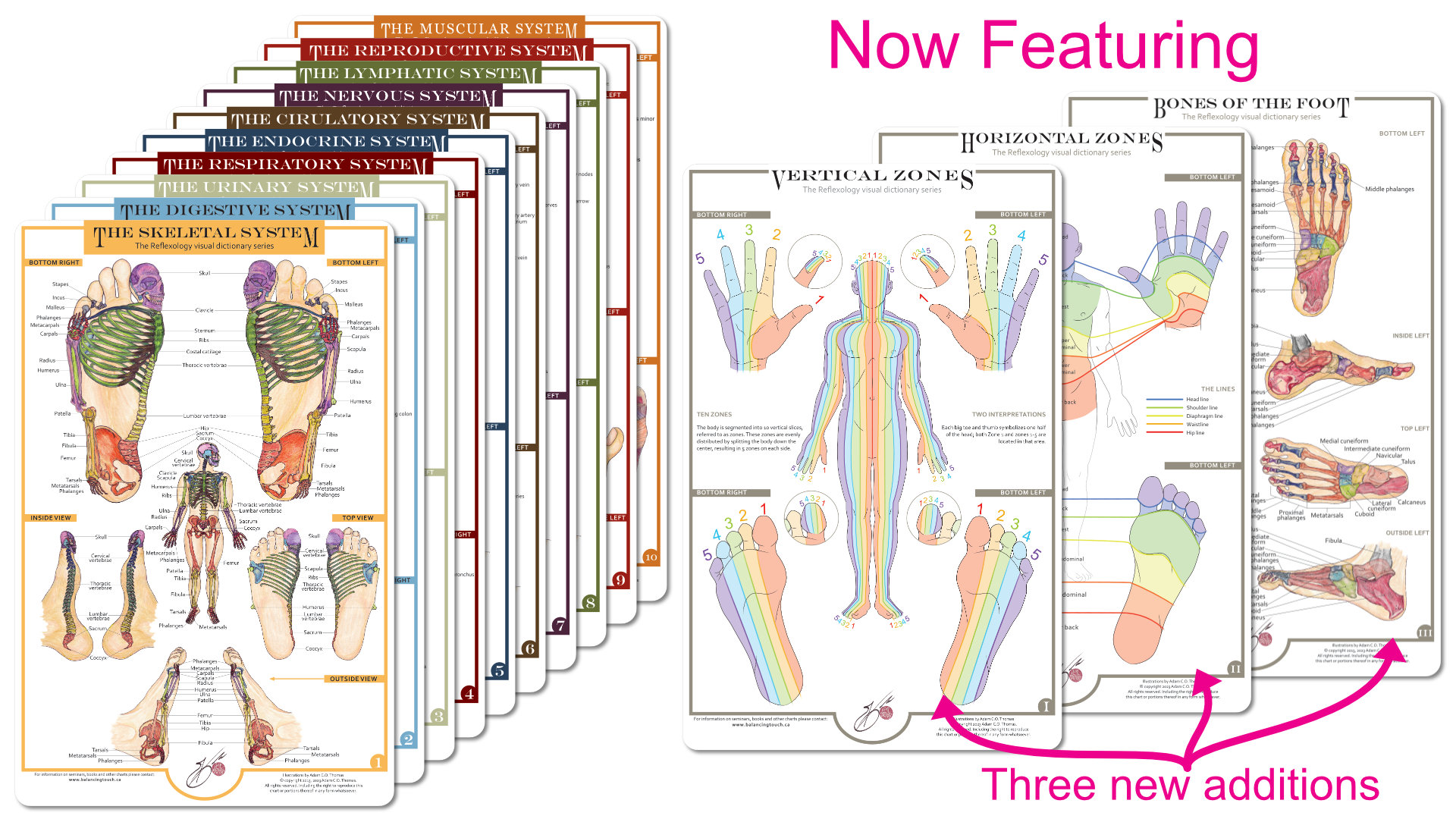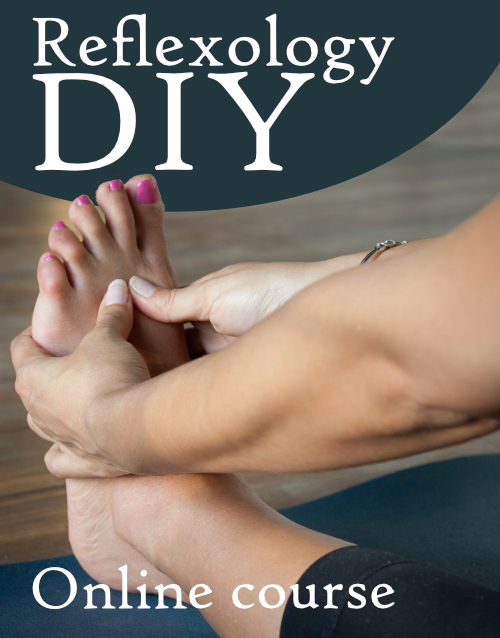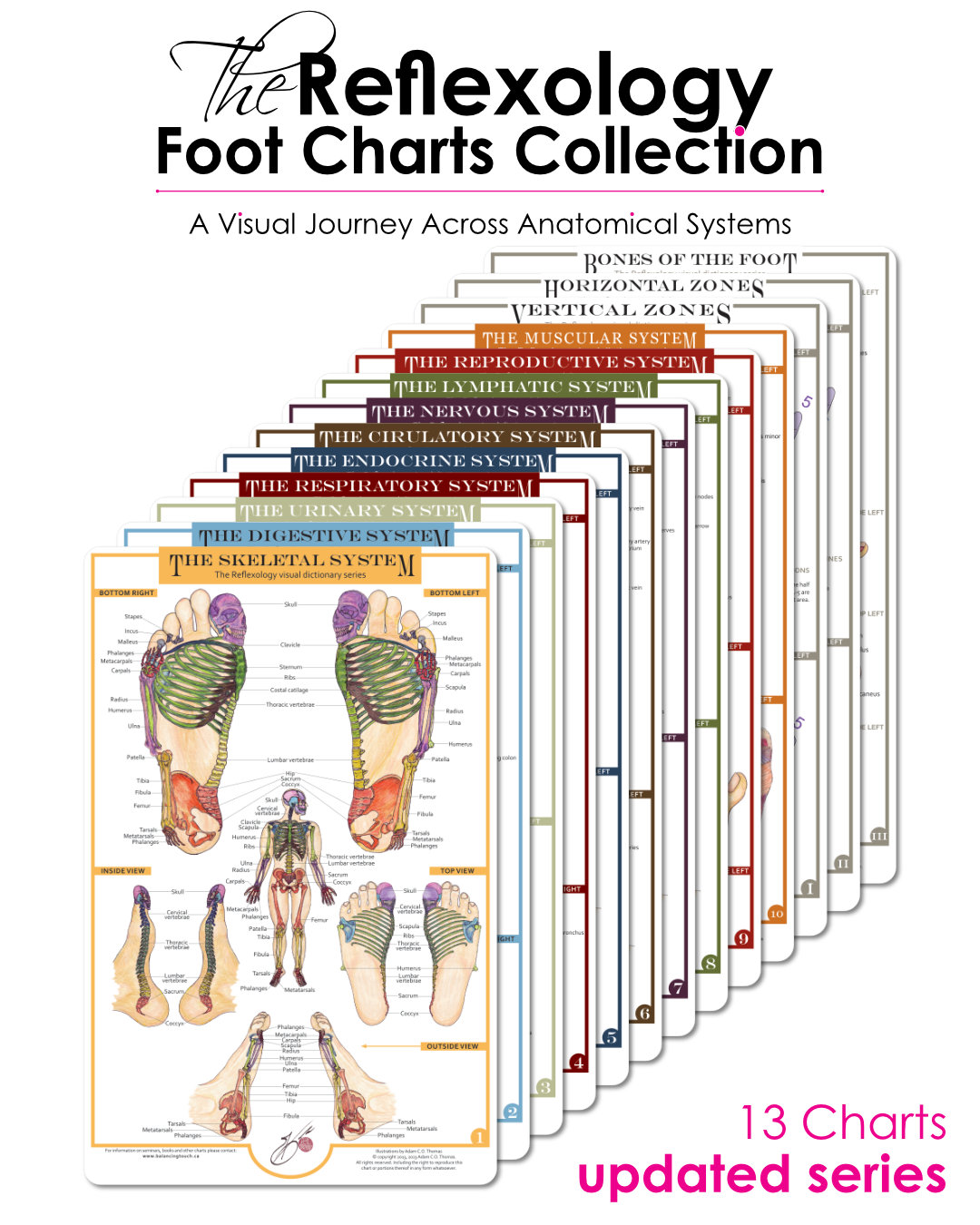Challenges in Research on Reflexology
Navigating the Path to Scientific Understanding
Reflexology, an alternative therapy that involves applying pressure to specific points on the feet or hands to promote well-being, relaxation, and potential health benefits, has garnered interest from both practitioners and researchers. However, the journey to establishing its scientific efficacy is not without its challenges.
- Lack of Placebo Control
Conducting placebo-controlled studies in reflexology poses a significant challenge. Unlike medications where a placebo can be administered discreetly, the act of applying pressure to specific reflex points is inherently noticeable. This challenge makes it difficult to design studies that effectively isolate the therapeutic effects of reflexology from the placebo response.
- Variability in Techniques
Reflexology techniques can vary among practitioners, and standardization of these techniques for research purposes is challenging. Different schools of reflexology may emphasize distinct approaches, making it difficult to compare results across studies. This variability raises questions about the reproducibility and consistency of findings.
- Individual Responses
Individual responses to reflexology can vary widely. Factors such as pain tolerance, sensitivity, and even psychological factors may influence how individuals perceive and respond to reflexology sessions. This variability complicates the establishment of universal treatment protocols or dosage guidelines.
- Limited Funding and Research Initiatives
Compared to more conventional medical interventions, reflexology research has historically received limited funding. The scarcity of financial support can hinder the execution of large-scale, high-quality studies that are essential for establishing the scientific validity of reflexology as a therapeutic modality.
- Defining Outcome Measures
Determining appropriate outcome measures for reflexology studies poses a challenge. While some studies may focus on subjective outcomes like relaxation or stress reduction, others may attempt to measure more objective markers such as physiological changes. Establishing a consensus on meaningful and relevant outcome measures is crucial for the advancement of reflexology research.
- Integration with Conventional Medicine
Reflexology often exists in the realm of complementary and alternative medicine. Integrating reflexology into conventional medical settings and collaborating with healthcare professionals can be challenging. Establishing interdisciplinary research teams that include reflexologists, medical practitioners, and researchers is essential for conducting comprehensive studies.
- Publication Bias
There is a risk of publication bias in reflexology research, where studies with positive results are more likely to be published than those with neutral or negative findings. This bias can create an incomplete picture of the overall evidence base.
Watch the Video
Challenges of Being a Reflexologist and the Difficulties in Reflexology Research
Thoughts
Despite these challenges, the interest in reflexology research persists. Overcoming these obstacles requires a concerted effort from researchers, practitioners, and funding agencies. Addressing methodological issues, standardizing techniques, and fostering collaboration between the reflexology community and the broader scientific community are essential steps toward navigating the path to a clearer understanding of reflexology’s scientific basis. As research continues, it is hoped that these challenges will be met with innovative solutions, ultimately contributing to the integration of reflexology into evidence-based healthcare practices.
Despite these challenges, I remain committed to practicing reflexology. Like many in my field, I find fulfillment in welcoming clients into my session room and applying the techniques of reflexology to enhance their well-being. Observing the transformation of a client from a stressed individual to someone refreshed and relaxed is immensely rewarding and serves as a powerful motivator for my continued dedication to reflexology.
As a reflexologist, I acknowledge the limitations of scientific methods, particularly in the context of manual therapies. The criteria that science employs to determine what is deemed scientific or not may not fully capture the intricacies of practices like reflexology. Yet, what sets reflexology apart is the tangible and immediate sense of well-being it provides. While reflexology may not claim to cure specific diagnoses, it offers a unique advantage—it has been demonstrated to be safe for one’s health.
In my experience, the essence of reflexology goes beyond the confines of scientific scrutiny. The positive outcomes I witness in my clients, the relief from stress, and the overall improvement in their well-being speak volumes about the value of reflexology. It’s a practice that, while not always fitting neatly into the scientific mold, undeniably contributes to the health and happiness of those who experience it. And for me, as a reflexologist, these real, tangible results are what truly matter.
🔗 Check out the incredible research work of Barbara and Kevin Kunz, renowned reflexologists, on their Reflexology Research website: Reflexology Research







Leave a Reply